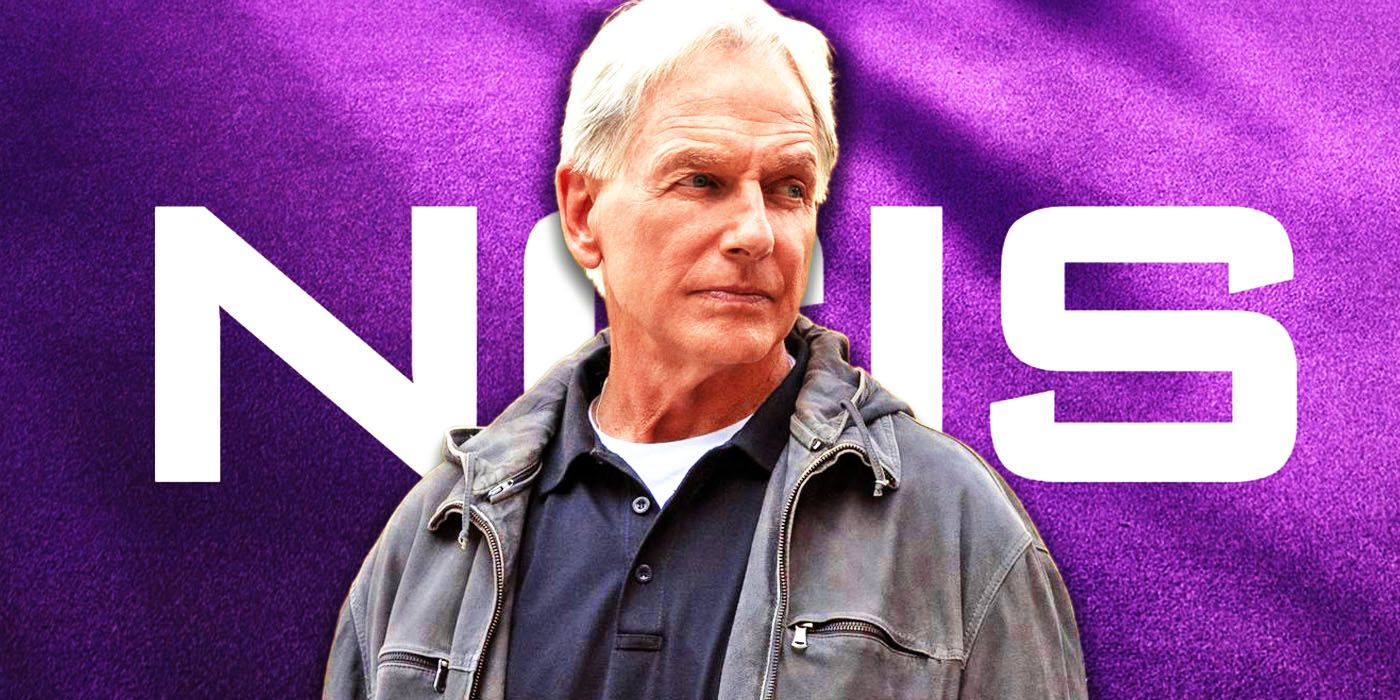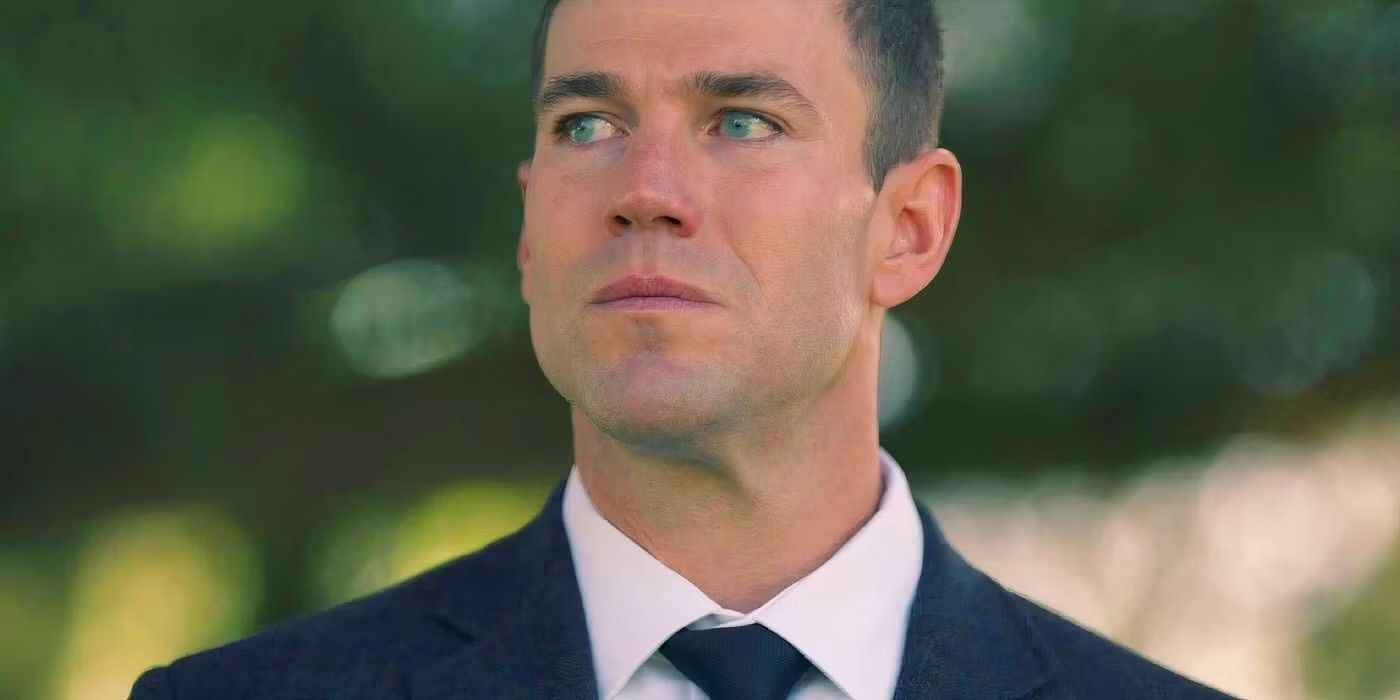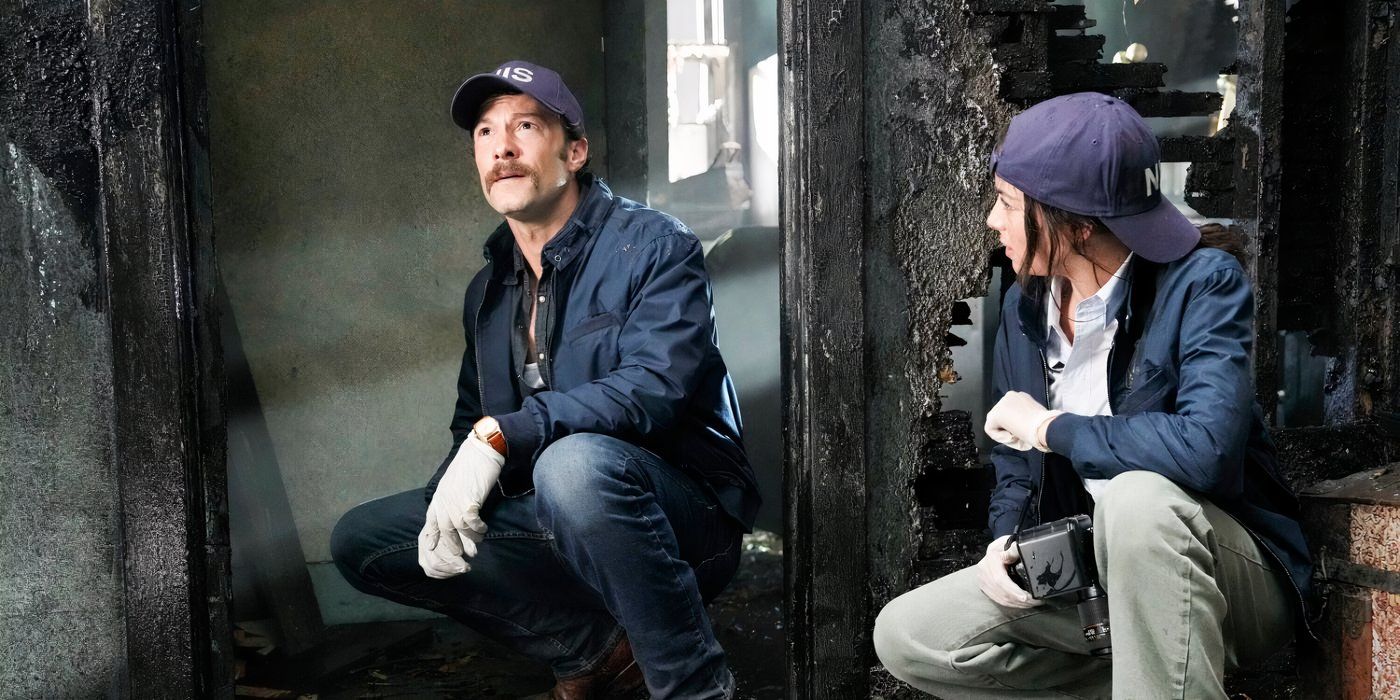NCIS: Origins Is Quietly Breaking a Major Gibbs Rule
NCIS: Origins dives into Gibbs’ past to a time before the creation of NIS. As a man who rarely gets personal, Gibbs is showing the most vulnerable side in the prequel, which is what the series is about. NCIS: Origins is also teasing a dark and tragic twist in the end about a story that he doesn’t usually tell. Viewers still don’t know a lot about Gibbs, even after spending 18 seasons with him on the main show.
By following aged Gibbs’ footsteps in Alaska and having him narrate the story, he is breaking Rule 91. With the series teasing a story about “her,” breaking Rule 91 seems to hold great significance since Gibbs doesn’t tell the story lightly. There’s a reason why Gibbs decides to open the box of his past again after so many years have passed. The past has been long buried in history. Whatever happened is already set in stone, but for Gibbs, he doesn’t seem to want to let it go. Instead, he’s more than determined to dig up the past.
What Is Leroy Gibbs’ Rule 91?
Leroy Gibbs has a list of rules that he follows. The set of rules can be traced back to his first wife and his time in the military. Gibbs made his own rules as a way to navigate potentially challenging situations in both his personal and professional life. Living by his own code of conduct is very important since no one forced him to create these rules. There’s simply no point in creating them if he doesn’t plan on following through. Gibbs is a bit of a rule breaker, who learned that rules are meant to be broken very early in his life, but there’s one that holds special meaning that he doesn’t break easily. While it may sound shocking, there are 91 rules in Gibbs’ book.NCIS reveals the last one of Gibbs’ list of rules in Season 18, Episode 16, “Rule 91,” which details Bishop’s exit from the show and foresees Gibbs’ decisions in Season 19 when he decides to stay in Alaska. Rule 91 is present in every important event in Gibbs’ life and behind some of the biggest decisions he made.
When you decide to walk away, never look back.
Rule 91 is about moving on. It says, “When you decide to walk away, never look back.” The very relatable rule doesn’t come as a surprise, given that many people in real life actually live by this rule. For Gibbs, it also makes sense. He has multiple ex-wives and love interests. He has gone through some very tough situations and dealt with hard cases. The ability to move on and walk away is the key to keeping him on the ground running instead of being swallowed by the past and speaking about the past; there are a lot of ghosts and dark corners in Gibbs’ past.

Related
The circumstances surrounding Cote de Pablo’s NCIS departure were never fully explained, but she did get to reprise her role as Ziva in Season 17.
With the decision to stay in Alaska, Gibbs is entering the next phase of his life. He’s not looking back at his time in NCIS. However, NCIS: Origins does see him looking back to a former time. With the prequel show featuring Mark Harmon’s Gibbs narrating the story from the future perspective as he writes down “the story he doesn’t tell,” Gibbs is breaking one of the most important rules in his book. Of course, breaking the rule signifies the importance of the story. For a man like Gibbs, who keeps things personal and rarely looks back, there must be a really good reason to tell the story in NCIS: Origins.
Why Did Gibbs Break Rule 91 in NCIS: Origins?
The rule specifies that not looking back is tied to the decision to walk away; but for Gibbs, he’s deciding to step back into that time in his life, which grants him the right to look back. Gibbs isn’t just thinking about the past, he’s determined to tell the story that he didn’t want to tell for a long time, which is shown by him writing everything down in a journal. This points to the story in NCIS: Origins holding great importance both on a personal and professional level. The series takes place just a few months after Gibbs lost his first wife and child. It’s revealed that he lost them while he was away in the army, and they never caught the killer. The guilt and grief young Gibbs was going through is unimaginable. However, it also serves as a major pivotal moment in his life.
Gibbs went home and joined the NIS. Through solving crimes and working on cases, Gibbs found a new purpose in life and was able to piece his life back together. However, as fans can see, Austin Stowell’s Gibbs in NCIS: Origins is very far from the man he’d later become in the main show. He barely steps into the interrogation room. Episode 6 marks the first time Gibbs goes undercover. He also breaks his own rules and almost throws everything away for the first time. Everything that Gibbs later on would masterfully navigate can be traced back to this specific period of time in his life.
NCIS: Origins explains the roads he walked that shaped him into the man he is. Of course, telling a story that he doesn’t usually tell also means being vulnerable and truthful. There are many things that Gibbs wouldn’t speak about to another soul, but he can certainly write them down. This includes giving credit to Mike Franks and Lala Domingues for teaching him valuable lessons and inspiring him to create the rules.

Related
Why Did Mark Harmon Leave NCIS?
Despite being NCIS’s biggest star, Mark Harmon left and stopped portraying Leroy Jethro Gibbs in the show’s 19th season.
Gibbs doesn’t break Rule 91 easily, but he breaks it in NCIS: Origins because the things he needs to say and tell are worth it. Unlike Rule 21, “Never date a coworker,” which serves more as a warning for bad decisions and messy consequences, Rule 91 is essential to Gibbs’ survival as a man who has gone through what he has gone through and seen what he has seen. So far, fans have yet to know the origin of this rule. Based on the very thin tin box that Gibbs keeps for his first set of rules that he created in the army, it’s safe to assume that Rule 91 probably didn’t exist at that point (the box is too thin to contain 91 pieces of paper), which means that Rule 91 is a later addition, and could be tied to the very reason why Gibbs is looking back in NCIS: Origins.
Rule 91 Ties to NCIS: Origins’ True Purpose
The death of Gibbs’ first wife and child had a devastating impact on him. In a flashback in NCIS: Origins, fans can see Gibbs walking into the bombing zone after learning the news. When Gibbs went back home, he had to deal with his wife and child’s things, and throwing them away was particularly hard. Despite how emotionally difficult it was, Gibbs survived. He was able to move forward, one step at a time, but what’s very interesting is that Rule 91 hasn’t occurred yet, which means that moving on from his wife and child’s death wasn’t what triggered Rule 91’s creation. Something else happened that caused Gibbs to create the rule of “never looking back,” which is a relatively heartless decision. It has everything to do with his heart.
With his wife and child’s murders, Gibbs doesn’t evoke this rule because he’s actively dealing with his grief and loss. He doesn’t need to make a conscious decision to move on, since he’s not leaving anything behind but rather letting the past become part of his present. The young Gibbs also isn’t capable of leaving things behind like what the aged Gibbs later does. Young Gibbs shows more heart and is more open to letting cases affect him, which makes him a better agent. With NCIS: Origins putting an emphasis on Lala Dominguez and teasing that this is a story about “her,” it’s not unlikely that Lala has something to do with the origin of Rule 91.
It’s almost tragic to say that Gibbs is going to go through another pivotal moment again in the series, and this one might put a dark twist on Lala’s fate. Gibbs would have to make a hard decision to leave something behind and force himself to not look back, which speaks about guilt, unresolved feelings and hard decisions that aren’t likely to be something Gibbs would be proud of. By not looking back, Gibbs also leaves a piece of himself in the past. If this is the case, breaking Rule 91 could possibly be Gibbs’ way to collect that lost piece of himself and make peace with his regrets and inner demons




